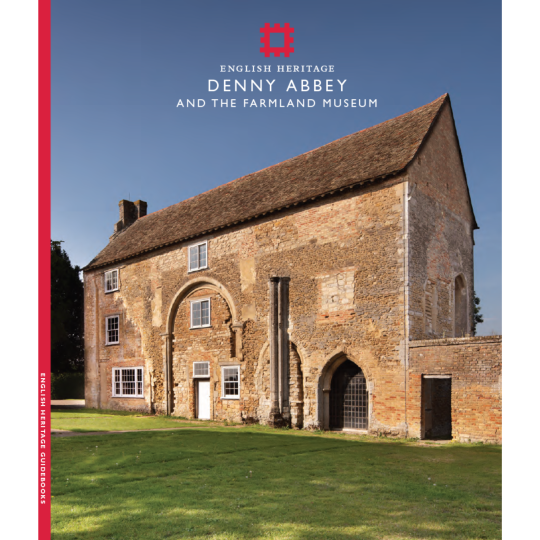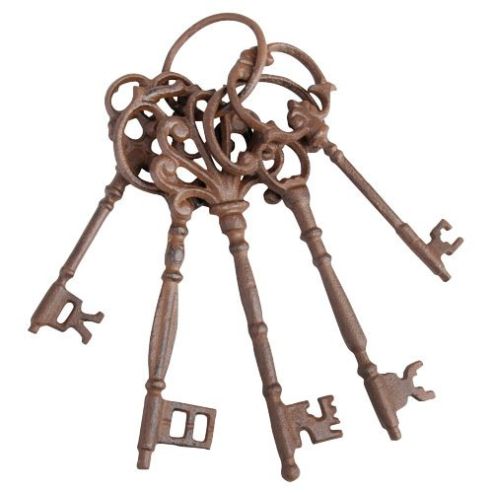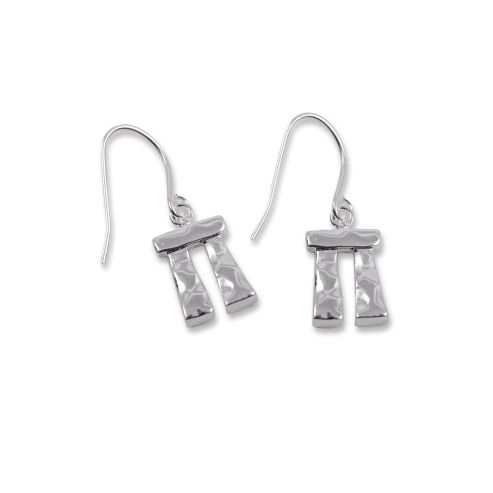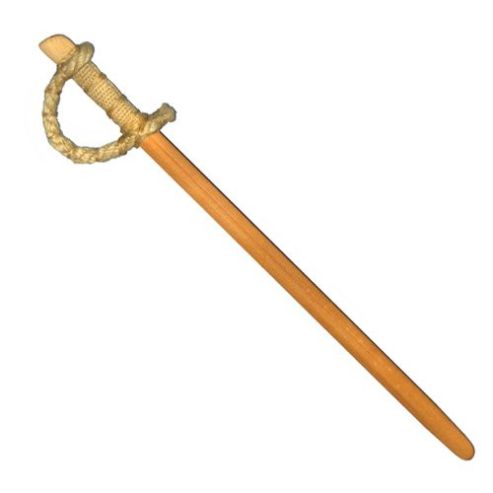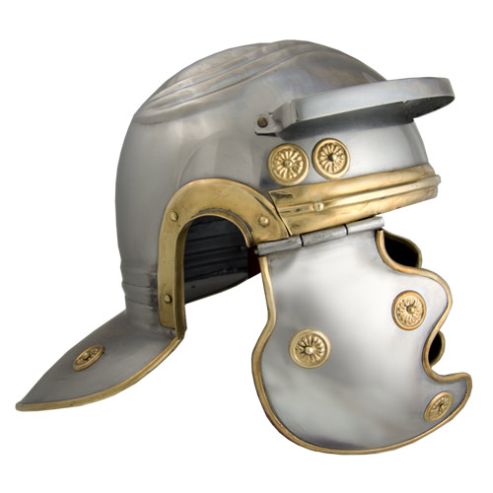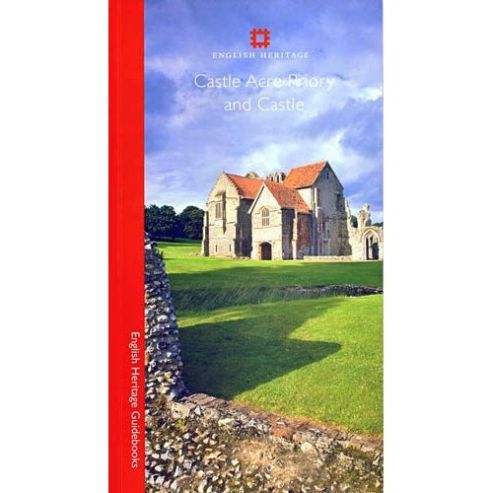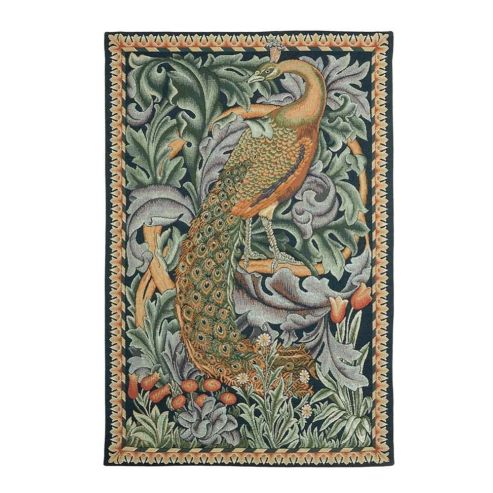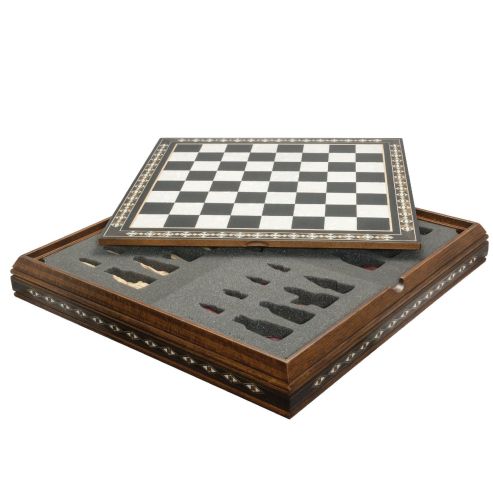In a once-secluded spot in the Cambridgeshire fens stand the remains of Denny Abbey. It was first home to a small community of Benedictine monks from nearby Ely who began to build a church here in the 1150s. Their occupation was brief, however, and after only 11 years they left, their church not yet completed.
The site was taken up by the famous medieval military order, the Knights Templar, who turned it into a preceptory – a residence for elderly or infirm brothers of the order. They completed the church and occupied the site for nearly 140 years.
When the Templar order was disbanded in the early 14th century, ownership of Denny Abbey reverted to the Crown. In 1342, however, a new community took up residence – an order of Franciscan nuns known as Poor Clares, under the patronage of rich widow Mary de Valence, Countess of Pembroke.
Mary used her vast wealth to build a new church and monastic buildings for the nuns and to convert much of the existing Templar church into a suite of private apartments where she could reside in seclusion in a form of religious retreat.
After the Dissolution the site passed into private ownership. The nuns’ church was demolished and the Countess’s apartments converted into a farmhouse. Even the nuns’ spacious refectory, which still stands largely intact, was repurposed as a barn.
The buildings that stand today reveal traces of all these periods of occupation and the later farm buildings now house the collection of the Farmland Museum, which manages the abbey on behalf of English Heritage.
This new guide offers a complete history of Denny Abbey and an explanation of how the buildings appeared and changed at each phase. Incorporating all-new site photos, plans, maps and features, the guide presents the story of this complex and atmospheric site.
- Author: Michael Carter
- Published March 2024
- ISBN 978 1 910907 70 2
- Paperback
- 19 x 22 cm
- 32 pages
| MPN | 9781910907702 |
|---|---|
| ISBN | 978 1 910907 70 2 |
| Author | Michael Carter |
| GTIN | 9781910907702 |
| Size | 19 x 22 cm |
| Return period | 30 days |

